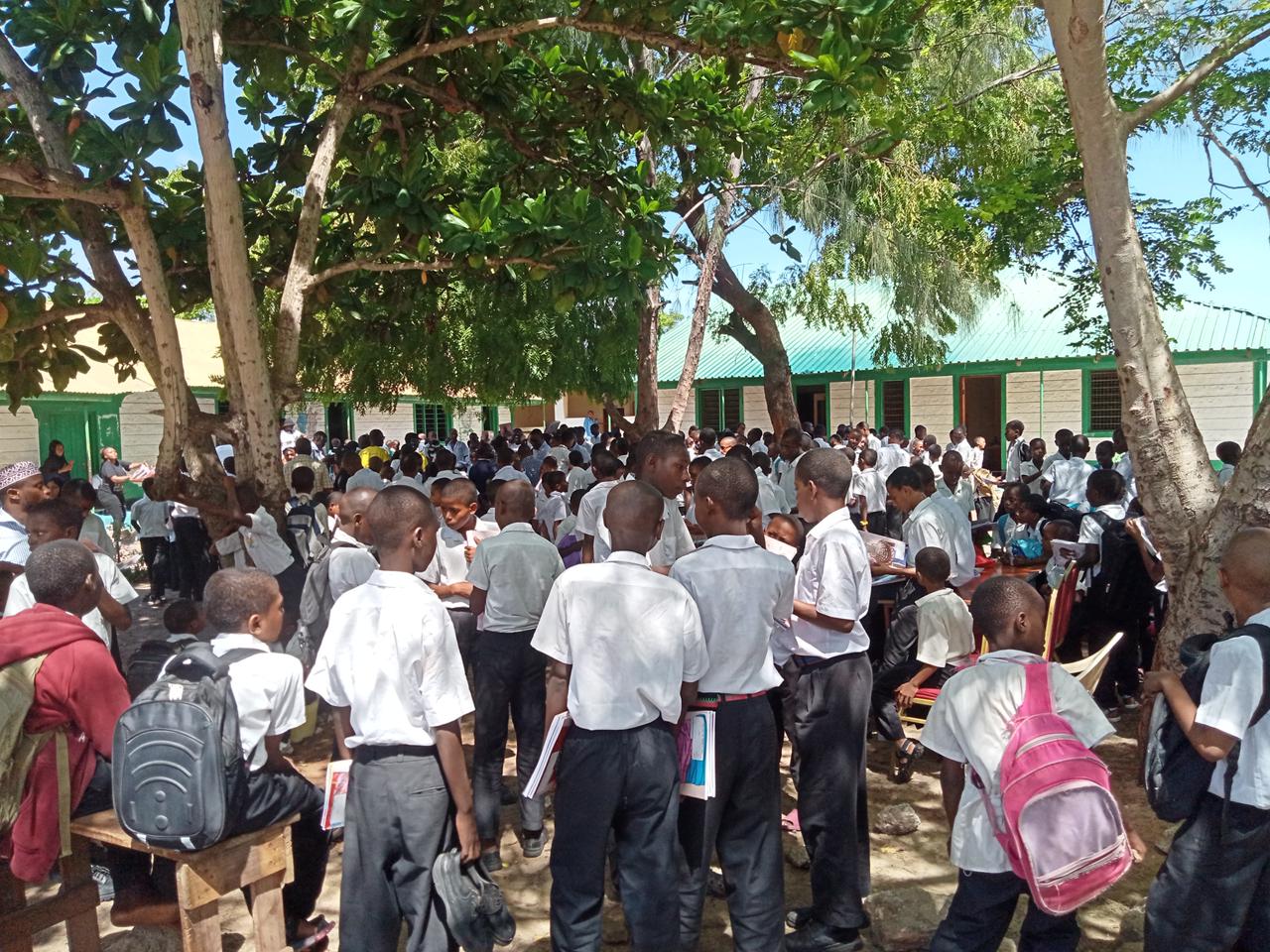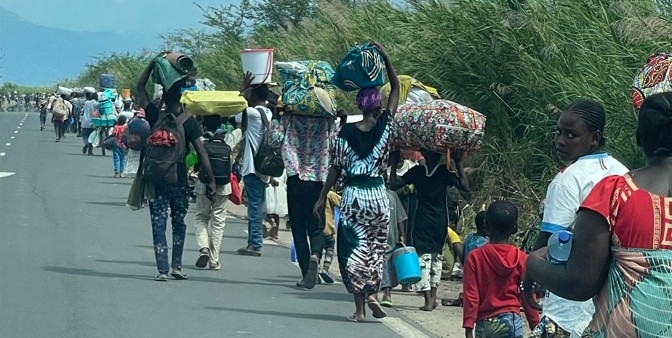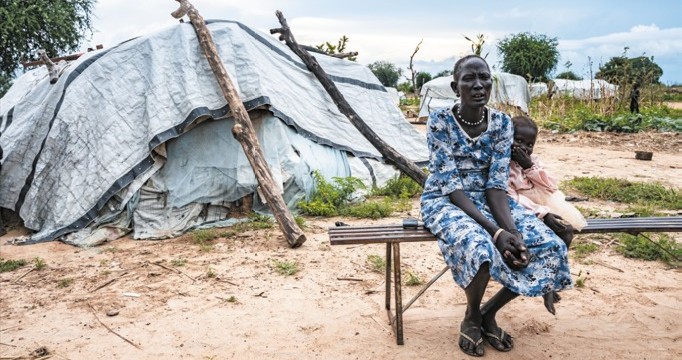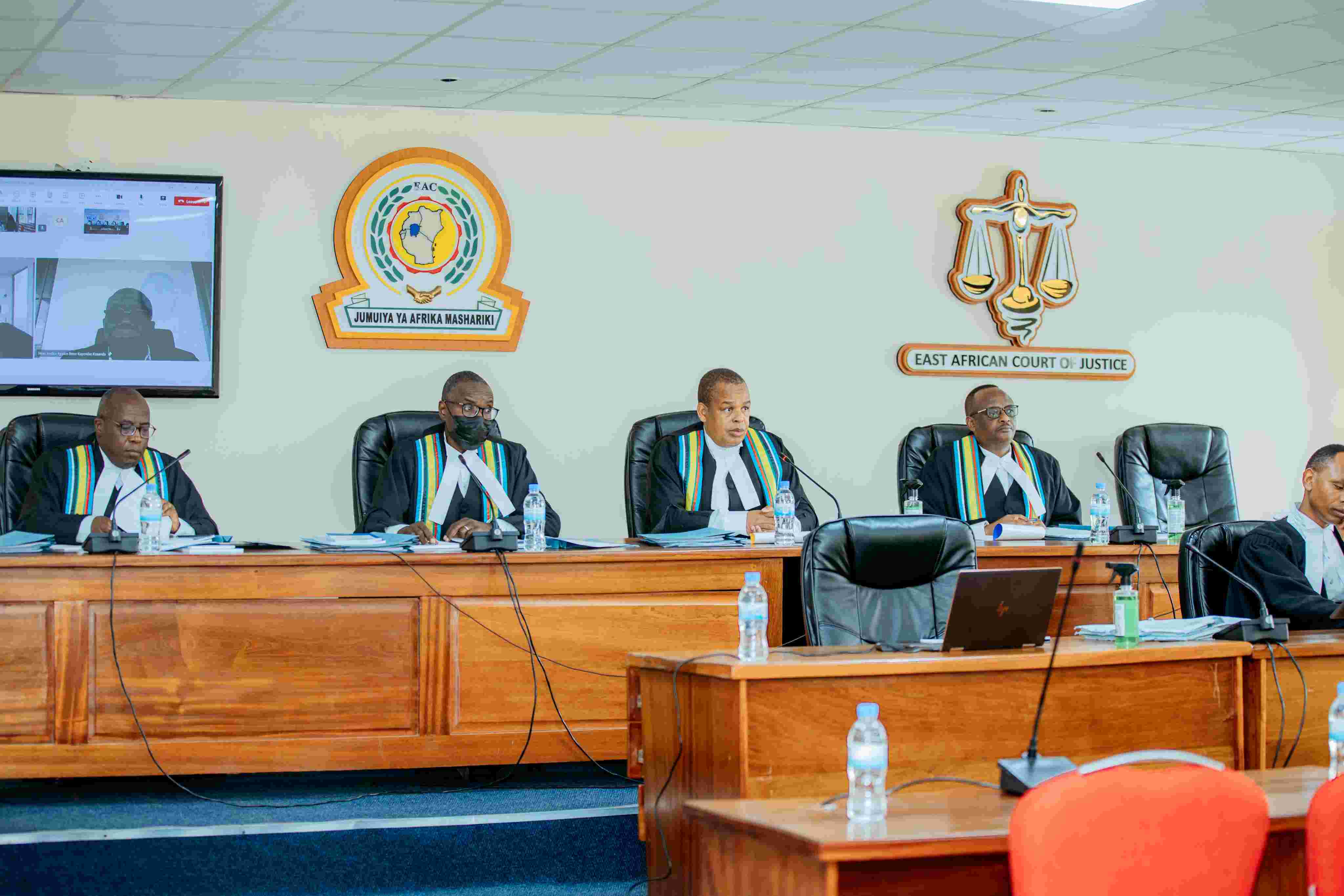Lamu parents want school feeding programmes introduced to curb absenteeism

Some schools in Lamu Island are facing a situation where increased absenteeism and school dropout have become a norm among pupils, particularly those from poor background communities.
Headteachers and parents from remote schools in Lamu County have urged the state and well-wishers to introduce the school feeding programme to help boost attendances in the affected institutions.
Schools hit hard by drought and poverty among parents, especially those in Boni forest areas, including Milimani, Basuba, Bodhei, Mangai, Mararani, Kiangwe, Witu, Pandanguo, and those in Kiunga, Ishakani, and Madina on the Kenya-Somalia border continue to record low turnout of pupils after schools were opened for the first term of learning about a month ago.
More To Read
- Kenya’s children holiday hunger: How school holidays leave slum families struggling to survive
- Nairobi County proposes new rules to strengthen school feeding programme oversight
- Governor Johnson Sakaja appeals for funds to sustain ‘Dishi na County’
- Sakaja appeals for extra funds to expand Dishi na County to informal schools
- KNUT urges urgent release of funds, strengthening of school feeding programme in Garissa
- 20 million African children fed through national school meals programmes – WFP
Some schools in Lamu Island are also facing a similar situation where increased absenteeism and school dropout have become a norm among pupils, particularly those from poor background communities.
Hussein Mwenye, the headteacher of Ama Primary School in Lamu expressed confidence that the introduction of a school feeding programme will help increase enrolment rates and reduce cases of absenteeism for vulnerable children.
“School enrolment has generally been poor and all this is because of the challenges such as food unavailability that pupils face. I urge the government, non-governmental organizations, and other well-wishers to intervene by introducing feeding programmes in our schools. I believe such a move will promote higher attendance, enable children to remain in school, and even reduce the rate of dropouts,” said Mwenye.
Musa Guyo, a parent in Pandanguo, a village occupied by the Boni minority community, noted that school-going children in their areas are often forced to accompany their parents in search of food and water from far places.
This makes them miss classes.
 Ama Primary School Headteacher Hussein Mwenye interacts with his pupils. He wants a school feeding programme initiated in Lamu schools to help boost attendance. (Photo: Farhiya Hussein)
Ama Primary School Headteacher Hussein Mwenye interacts with his pupils. He wants a school feeding programme initiated in Lamu schools to help boost attendance. (Photo: Farhiya Hussein)
Guyo supported the revival of school feeding programmes to rescue the education of children, particularly those from the Boni minority community.
“The community is yearning for education but perennial problems ranging from food, water, infrastructure, and insecurity are a major hindrance to achieving such a crucial dream. I fully support the urgent introduction of school feeding programmes,” said Guyo.
Hussein Abatika, a resident of Basuba in Boni forest, expressed concern that the lack of food and improper diet amongst their school-going children might cause malnutrition and underperformance amongst the pupils.
“Our children attending schools here in Boni forest are those from nursery school up to grade 4. They are small and likely to suffer from malnutrition due to a lack of food. We need the school feeding programme to rescue our children from such issues,” said Abatika.
Malika Swaleh, a teacher in Lamu East said it is difficult for a child who has gone without food for three days to concentrate in class.
Swaleh urged the government to direct the Ministry of Education to revive the programme in all public schools so as to ensure children remain in school throughout the seasons of the year.
She stressed that food provided in schools always improves pupils’ energy levels.
“When the energy levels are improved, the children can concentrate better and as such, they are able to perform better in their classes. We fully welcome such plans,” said Swaleh.
Top Stories Today
Reader Comments
Trending













































